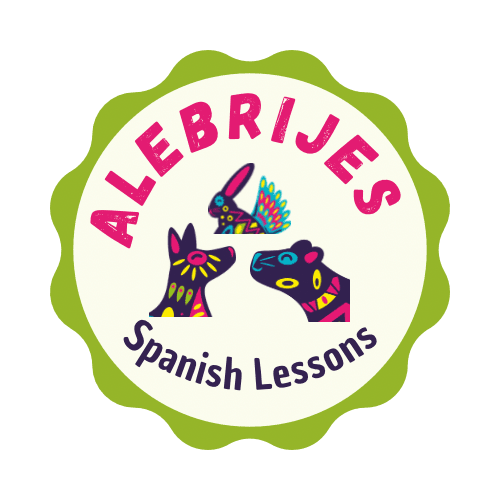Spanish Learning Services
Spanish Learning Services
Regular group Classes
Private/Semi Private Lessons
Intensive program (group classes)
Online classes
Pocket Spanish
Our current groups

Group A1 (1/5 students) 9:30am - 11am, Mon - Thur
A1: Students learn greetings, introductions, the alphabet, numbers, nationalities, professions, family, days of the week, food, and basic present tense verbs. They begin forming simple affirmative, negative, and interrogative sentences.

Group A1 (1/5 students) 2pm - 3:30pm, Mon - Thur
A1: Students learn greetings, introductions, the alphabet, numbers, nationalities, professions, family, days of the week, food, and basic present tense verbs. They begin forming simple affirmative, negative, and interrogative sentences.

Group B2 (1/5 students) 5:30pm - 7pm, Mon - Thur
B2: Students engage in discussions on a wide range of topics including current events, culture, and abstract ideas. They refine their use of complex verb tenses like present subjunctive, develop nuanced arguments, and express cause, consequence, and contrast. Listening and reading comprehension improve with more authentic materials.

Group B1 (1/5 students) 7pm - 8:30pm, Mon, Tues, Thur & Frid
B1: Students discuss personal experiences, plans, hopes, and opinions on familiar topics. They use simple past (preterite), description and continuous past (imperfect), future tense, and begin managing longer conversations and texts. Emphasis is placed on improving fluency, describing situations in detail, and handling everyday scenarios more independently.
